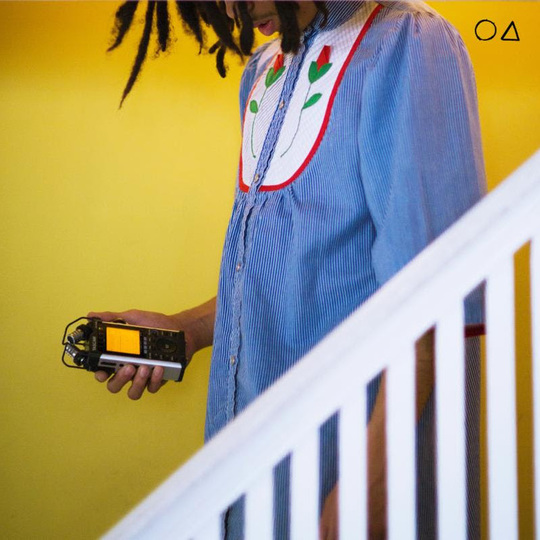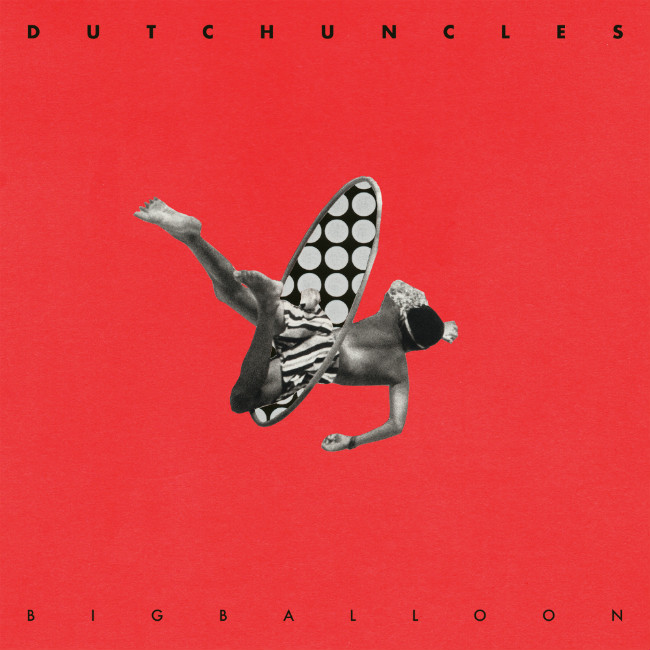O∆, London O’Connor’s debut, is the kind of frustrated, suburbia-is-hell rebel yell that has typical been reserved for sanctimonious (and largely white) indie bands over the past decade or so. O’Connor, who hails from the San Diego suburb of San Marcos, draws on some of those predecessors for inspiration but also updates both the sound and substance for the Internet age as well as his diverse, unique skill set.
Originally released back in 2015, this re-mastered version maintains that intimacy and DIY spirit while adding more depth to the sonic landscape. Still, it feels like O’Connor recorded the album at 4am, quietly enough to not wake up his parents and by nothing more than the glow of his MacBook, which is actually one of its greatest strengths. O∆</i. is an album that sounds like it was recorded in the setting it ruminates on: O’Connor’s sleepy ass hometown. Though neither a terrific singer nor an all-world rapper, he’s charismatic and capable of maintaining the record’s through-line concept brilliantly both lyrically and sonically.
His production – think Ariel Pink meets The Neptunes – is infectiously simple and onomatopoetic. The glimmering synths on ‘Love Song’ paired with O’Connor’s reedy falsetto mimic that rush of inviting someone to sneak over to your place late at night. ‘Nobody Hangs Out Anymore’ is tinny and authentically lonely, but also aware of how absurd web-centric youth cultural really has become.
As a lyricist, O’Connor is undeniably special. He has a knack not only for insightful rhymes but translating specific snapshots of his life to music in a way that recalls some of the best work by Odd Future MCs like Earl Sweatshirt and Tyler, the Creator. Additionally, O’Connor demonstrates a clear understanding of the importance of a song in its totality, and he often has his voice occupy a space other than center stage, particularly on ‘Natural’ and ‘Nobody Hangs Out Anymore.’ Perhaps it’s just a vestige of the unmastered version of O∆, but it proves that O’Connor is more than just a singer and rapper who also happens to produce; he’s a full-fledged artist.
On ‘Oatmeal,’ he raps about his deadbeat uncle and the fear that the apple may not fall too far from the tree. “This crusty ass nigga on the couch again / He don't do nothing but watch the TV / Lookin' like Oscar the Grouch again / But I'm scared that in him I can see / Me if I don't go out and live out my dreams.” The song functions as the thesis of O∆, and it’s punctuated brilliantly by both O’Connor’s ambition and his dread; in this reality there’s no fate worse than being trapped in your hometown.
He turns a simple four bar cadence into an evisceration of the kids he grew up around on ‘Guts, filling the track with venom that belies its dollar store M83 instrumental. “I hate your / Stupid looking / Two-bit crooked / Cheap ass ornaments / I hate your guts.”
O∆ is short, clocking in at less than 29 minutes, but it has the effect of simulating O’Connor’s frustrating adolescence so well that it feels natural to let the record loop, simulating how one slow, suburban day bleeds into the next. It helps that there are no guests and O’Connor handles all the production, so the record is as pure of an artistic vision as you could possibly get. For most musicians, that would yield highly mixed results, but O’Connor has a clarity of purpose and a truly unique sound that is perfectly suited to his vision of suburban nihilism.
-
8Grant Rindner's Score






















